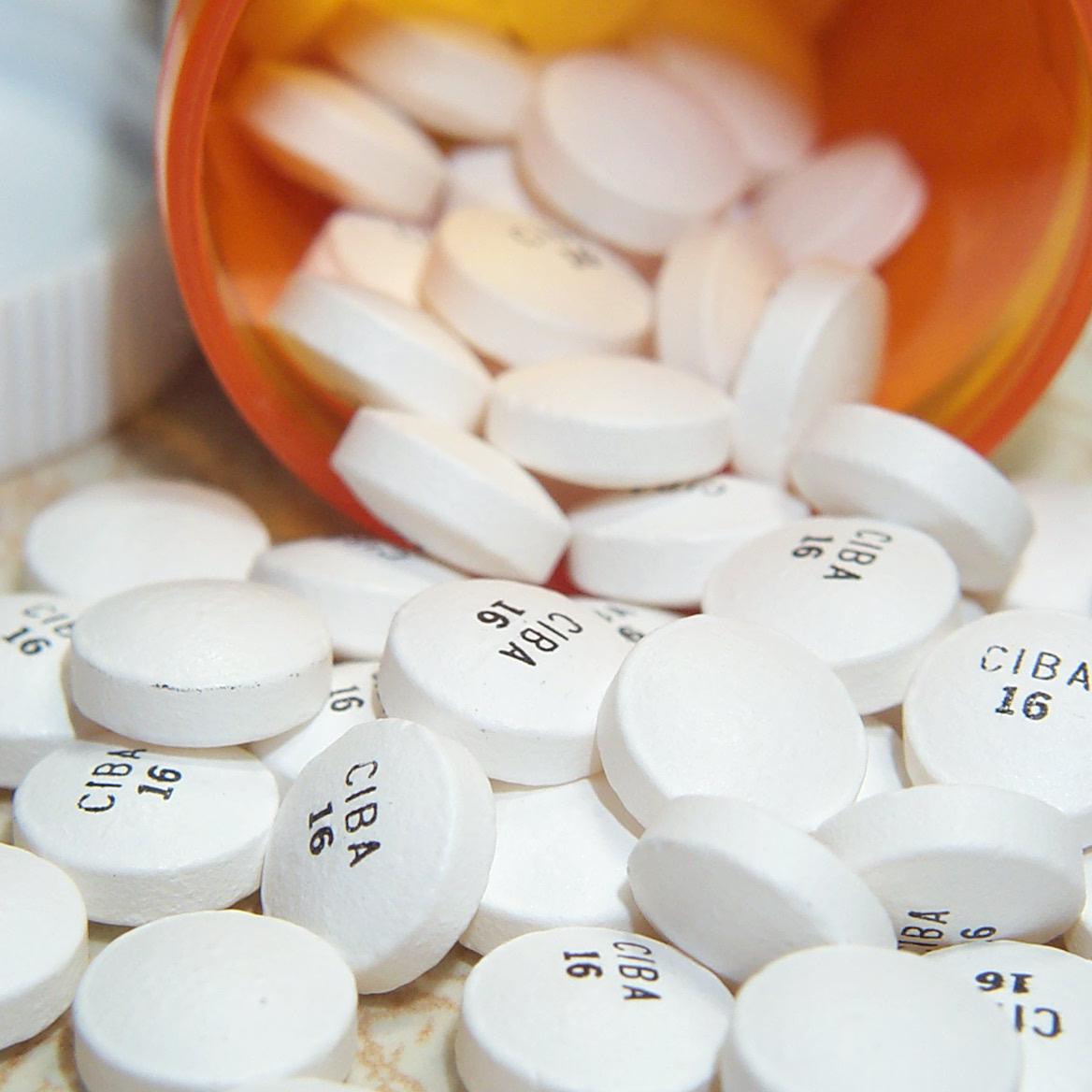Experimental use (Patent laws and legislation)
Enlarge text Shrink text- Work cat.: Gilat, D. The experimental use exemption from patent infringement liability, 1994.
In patent law, the research exemption or safe harbor exemption is an exemption to the rights conferred by patents, which is especially relevant to drugs. According to this exemption, despite the patent rights, performing research and tests for preparing regulatory approval, for instance by the FDA in the United States, does not constitute infringement for a limited term before the end of patent term. This exemption allows generic manufacturers to prepare generic drugs in advance of the patent expiration. In the United States, this exemption is also technically called § 271(e)(1) exemption or Hatch-Waxman exemption. In 2005, the U.S. Supreme Court considered the scope of the Hatch-Waxman exemption in Merck v. Integra. The Supreme Court held that the statute exempts from infringement all uses of compounds that are reasonably related to submission of information to the government under any law regulating the manufacture, use or distribution of drugs. In Canada, this exemption is known as the Bolar provision or Roche-Bolar provision, named after the case Roche Products v. Bolar Pharmaceutical. In the European Union, equivalent exemptions are allowed under the terms of EC Directives 2001/82/EC (as amended by Directive 2004/28/EC) and 2001/83/EC (as amended by Directives 2002/98/EC, 2003/63/EC, 2004/24/EC and 2004/27/EC).
Read more on Wikipedia >
 Topic
Topic


